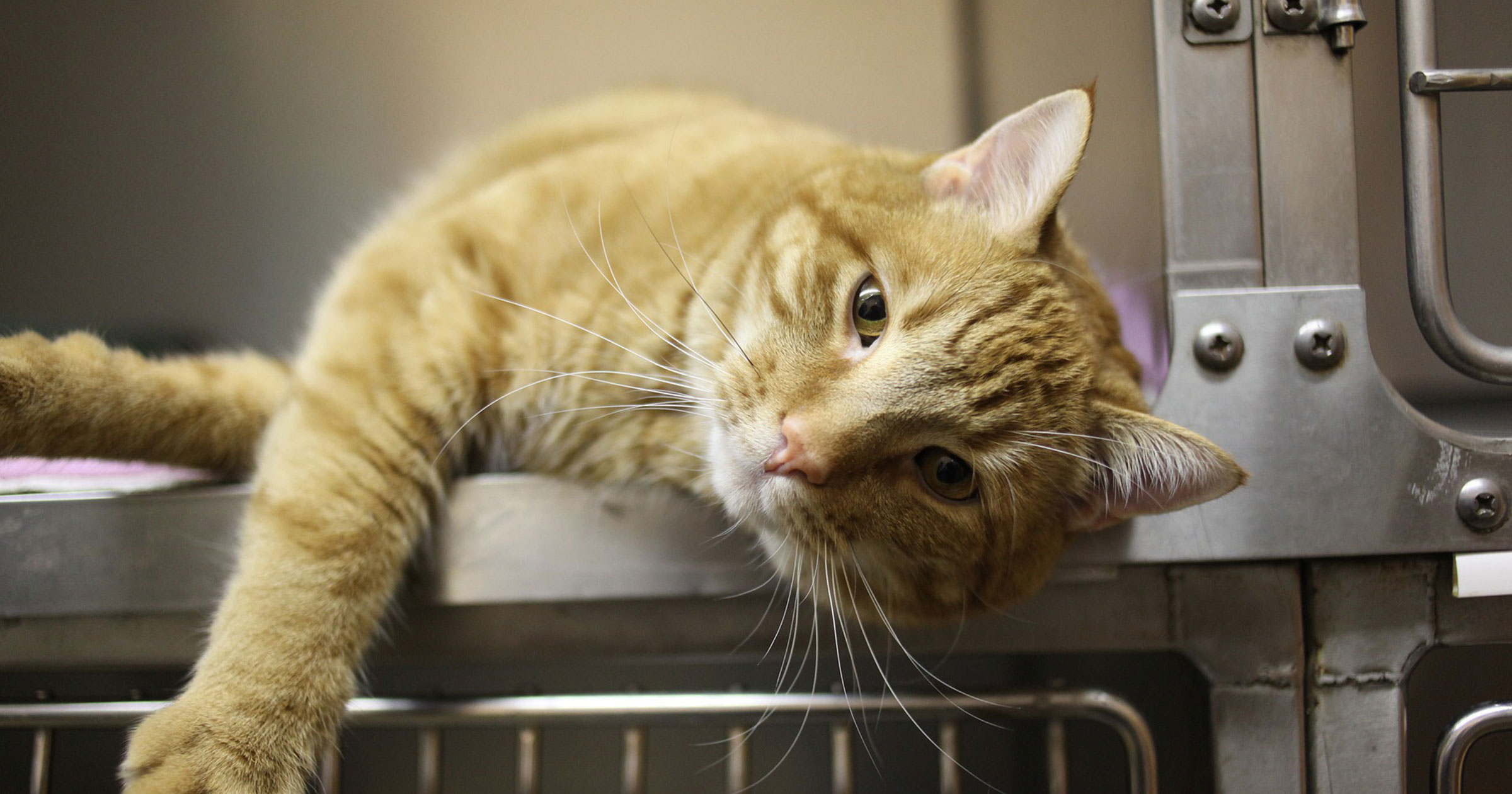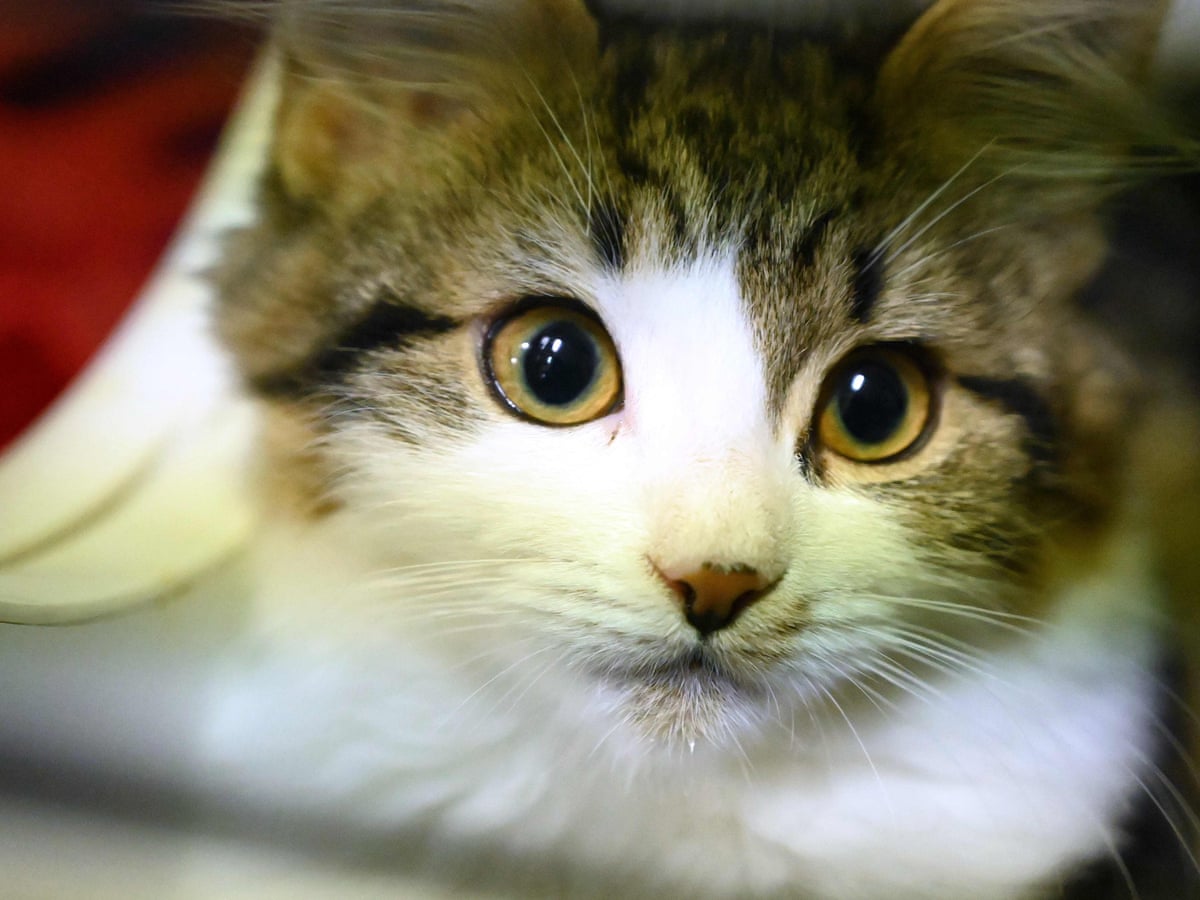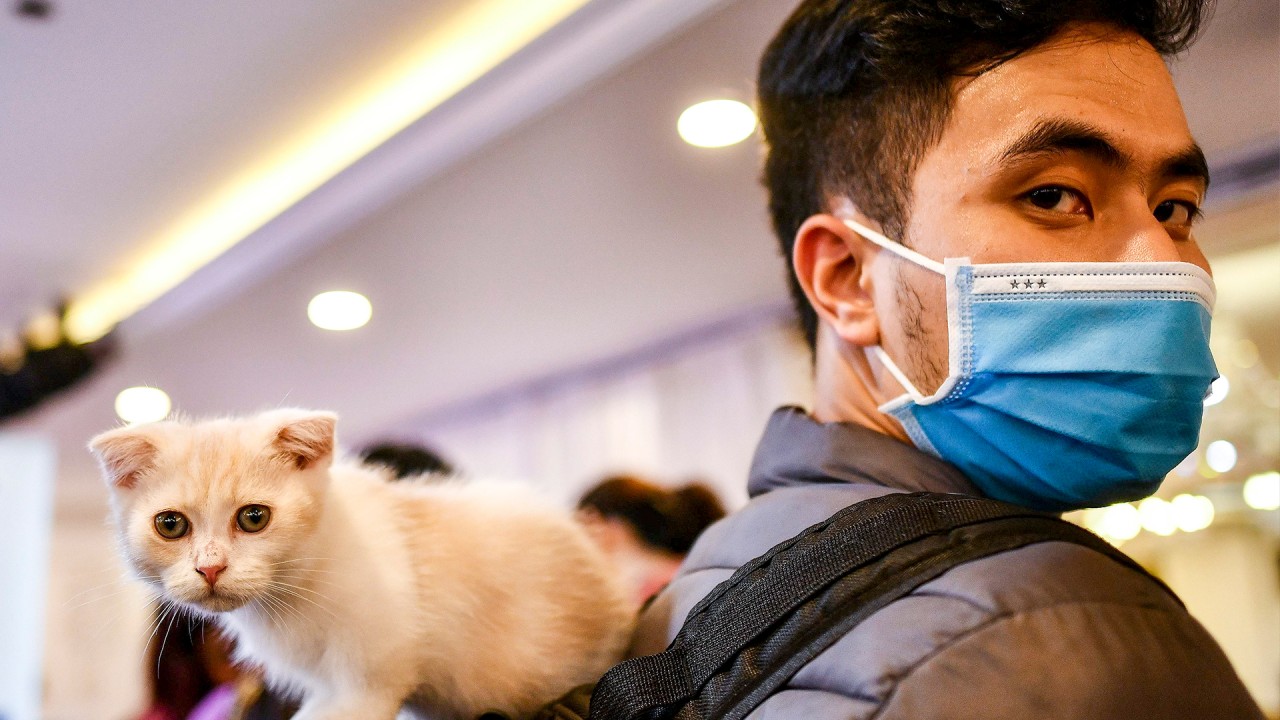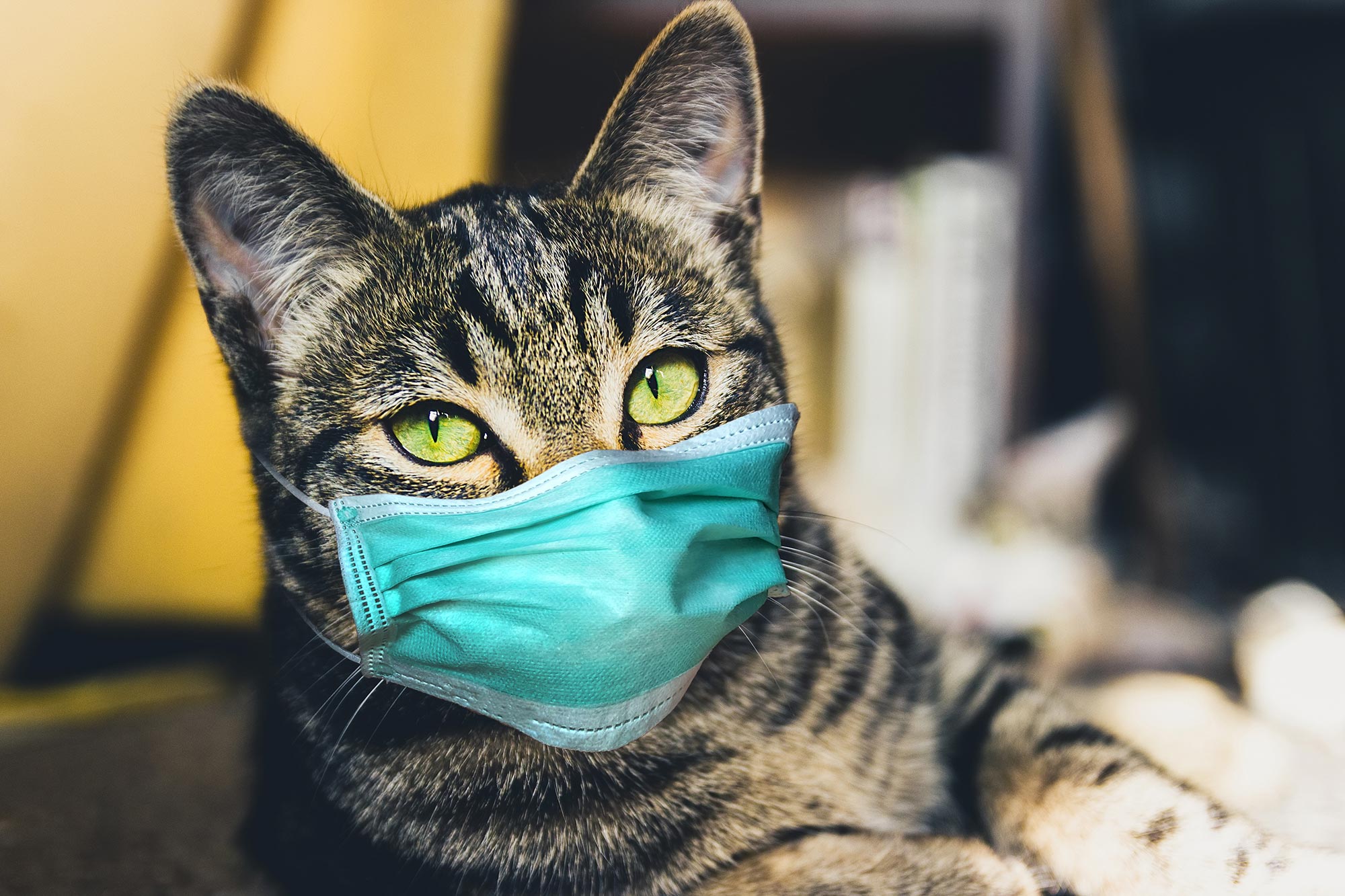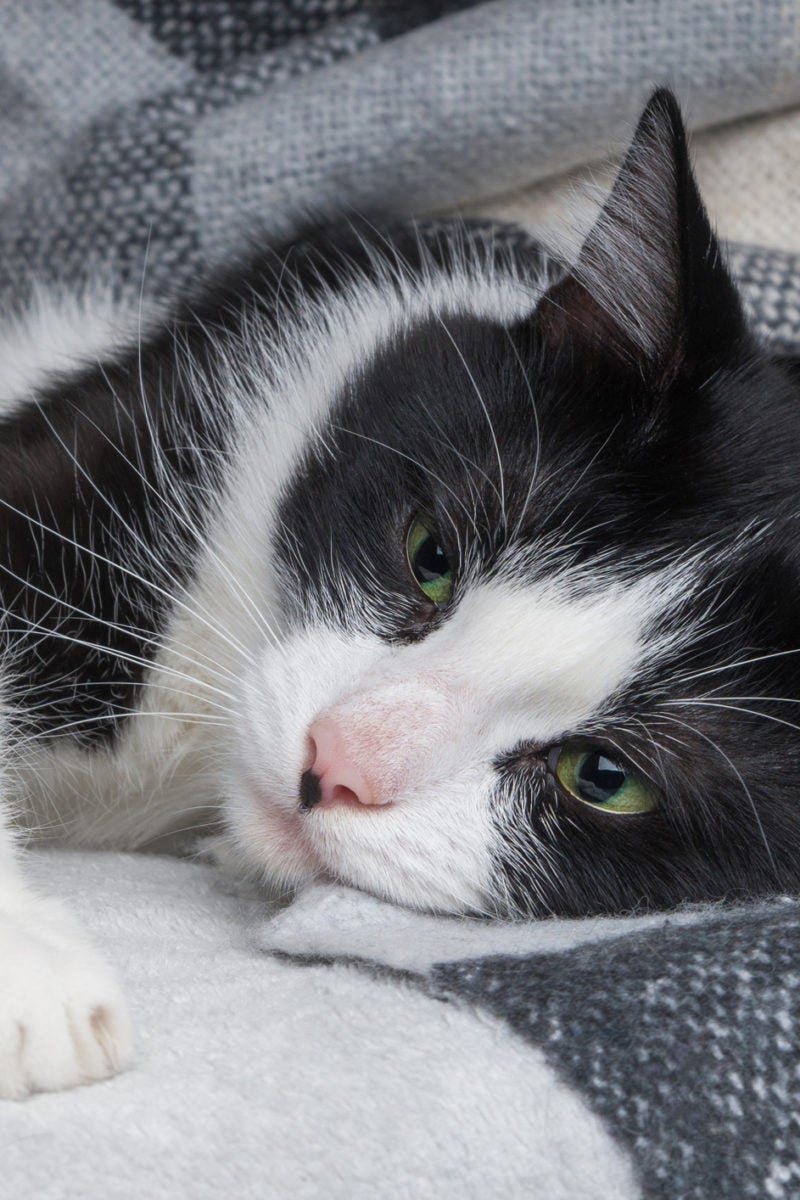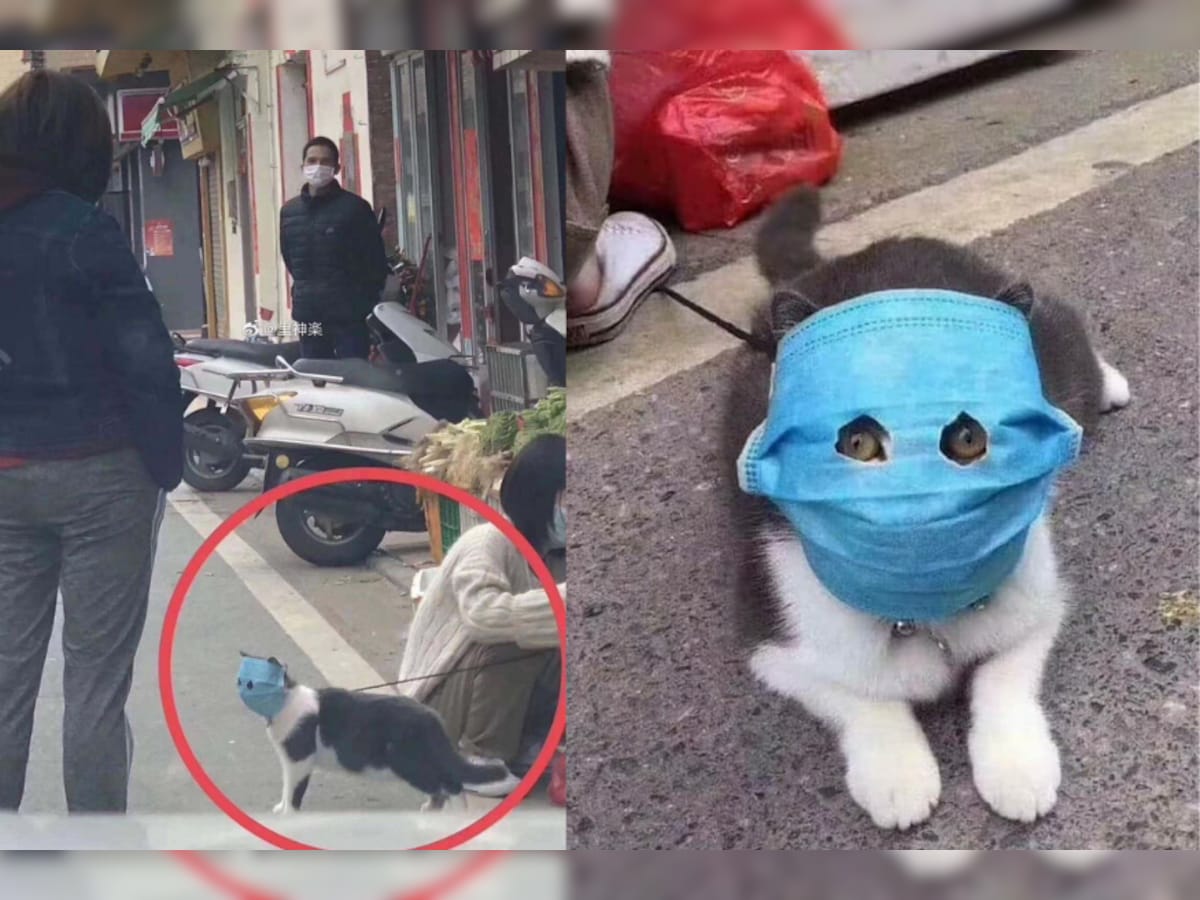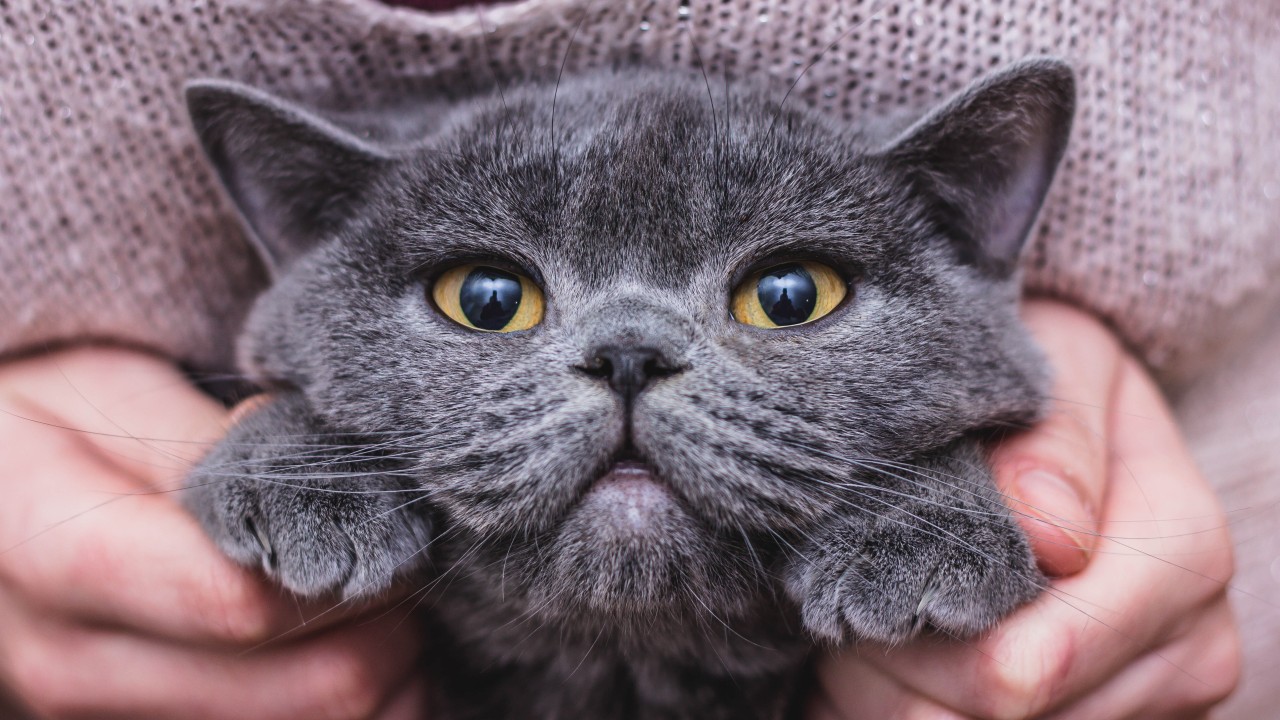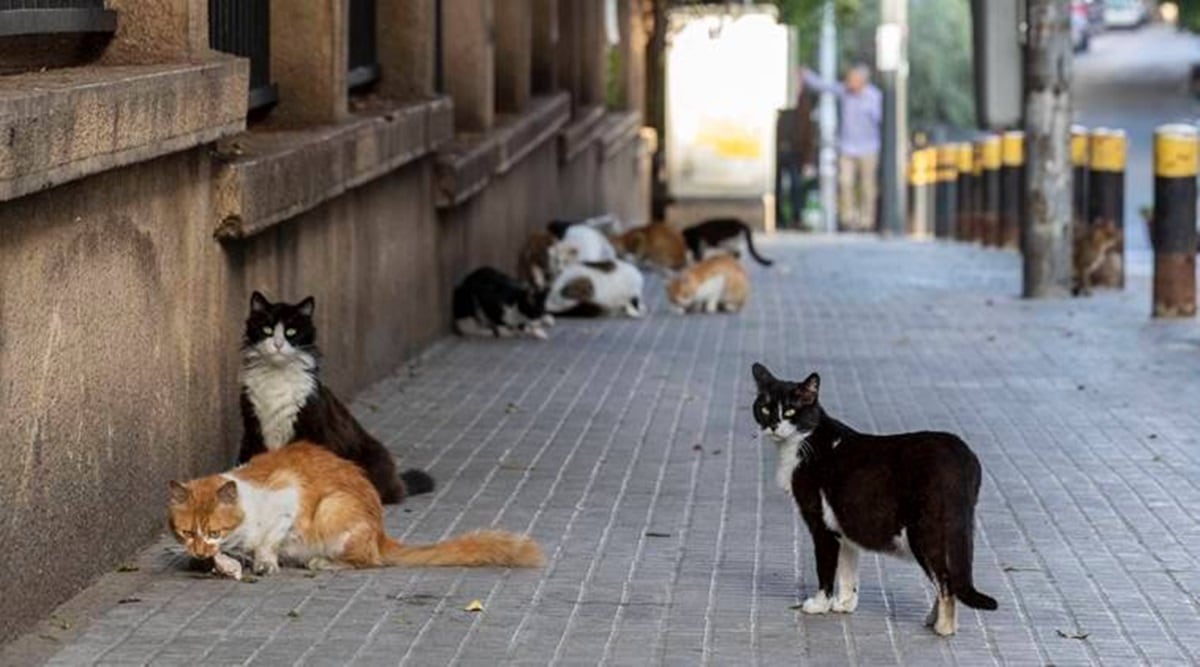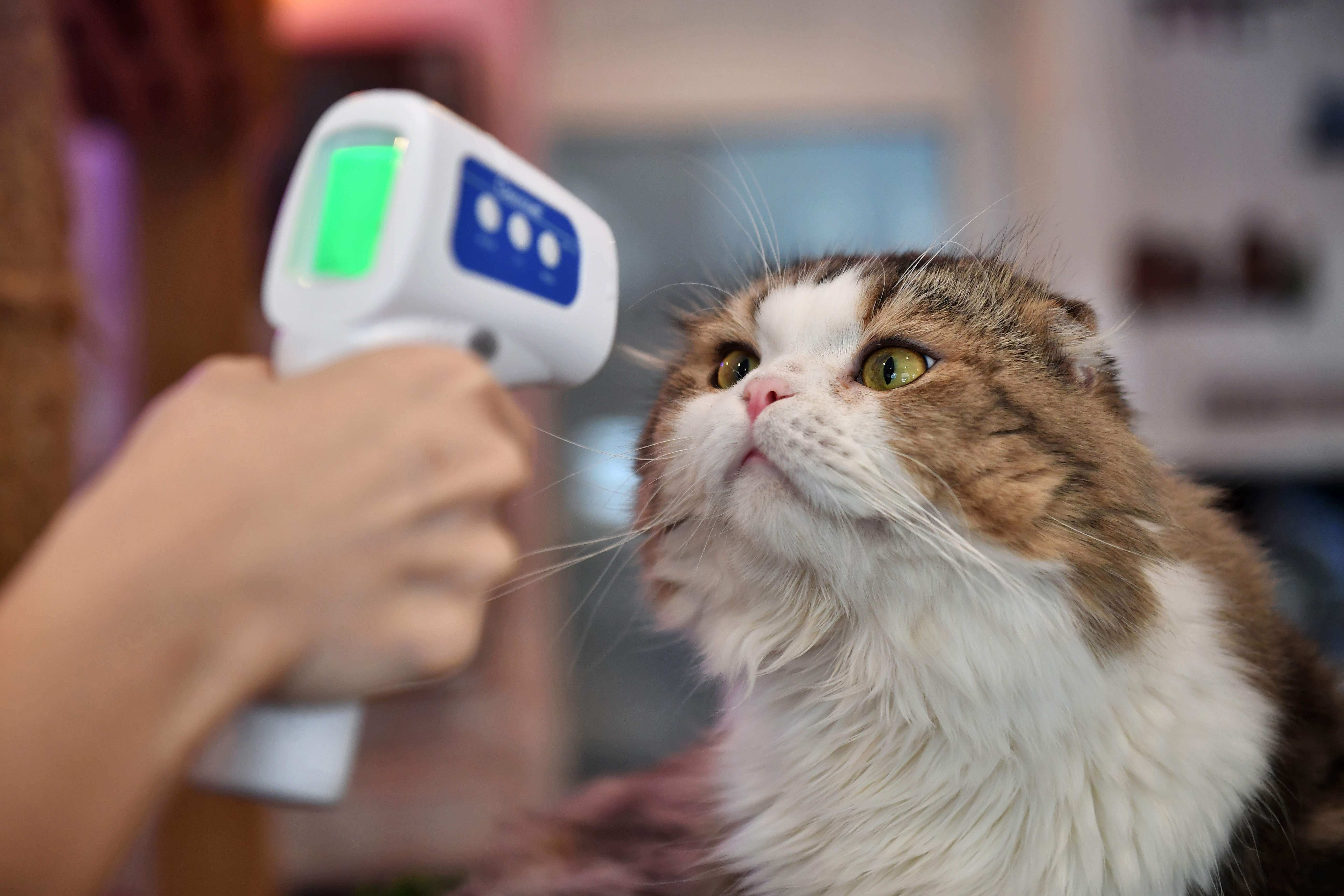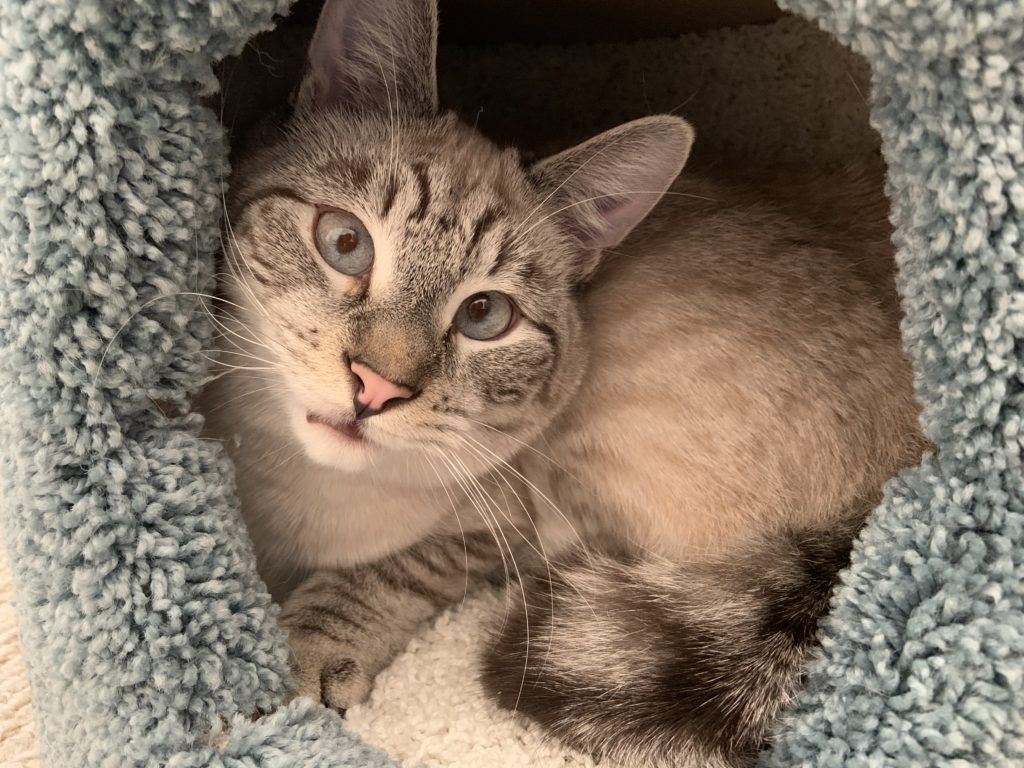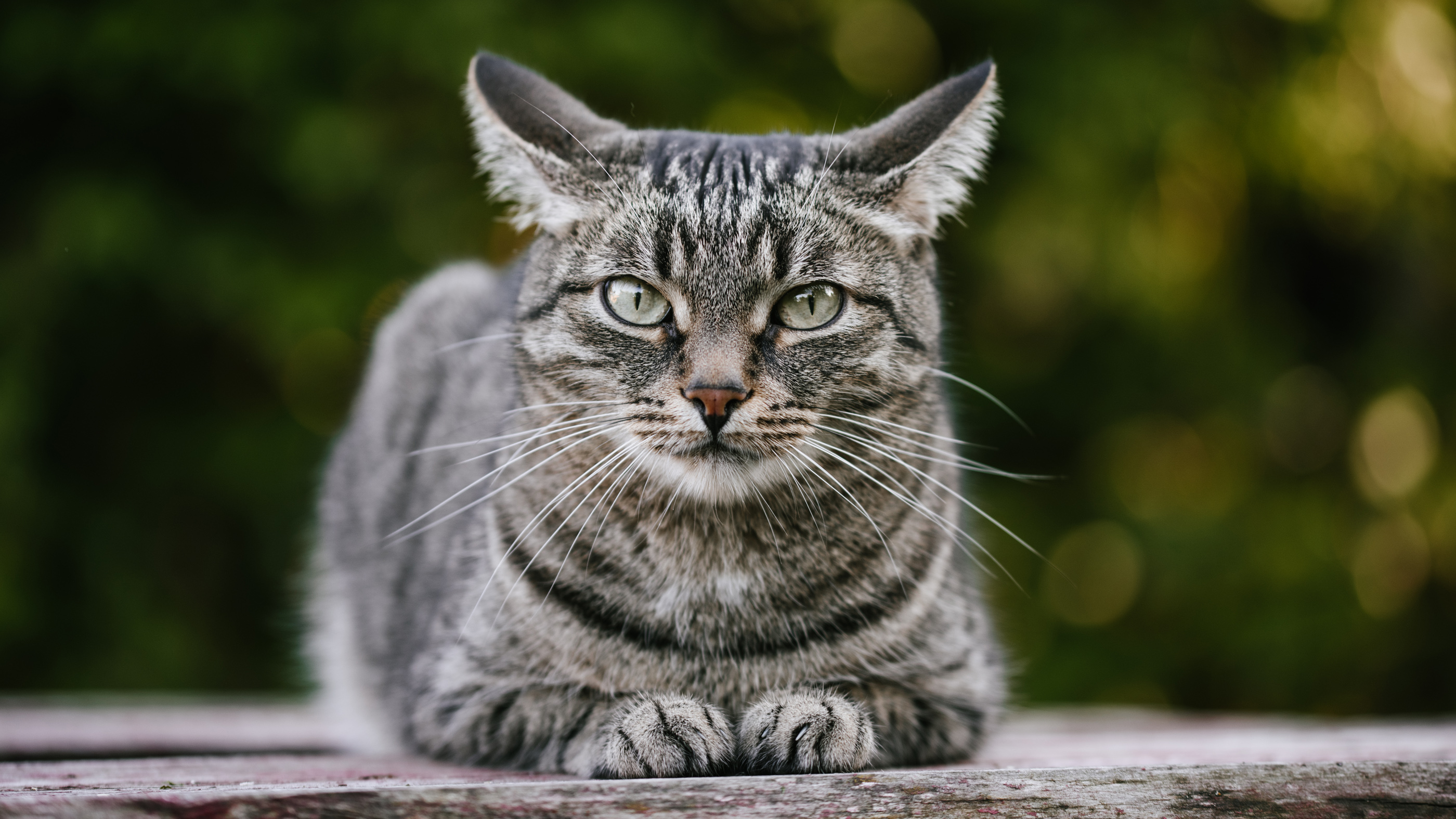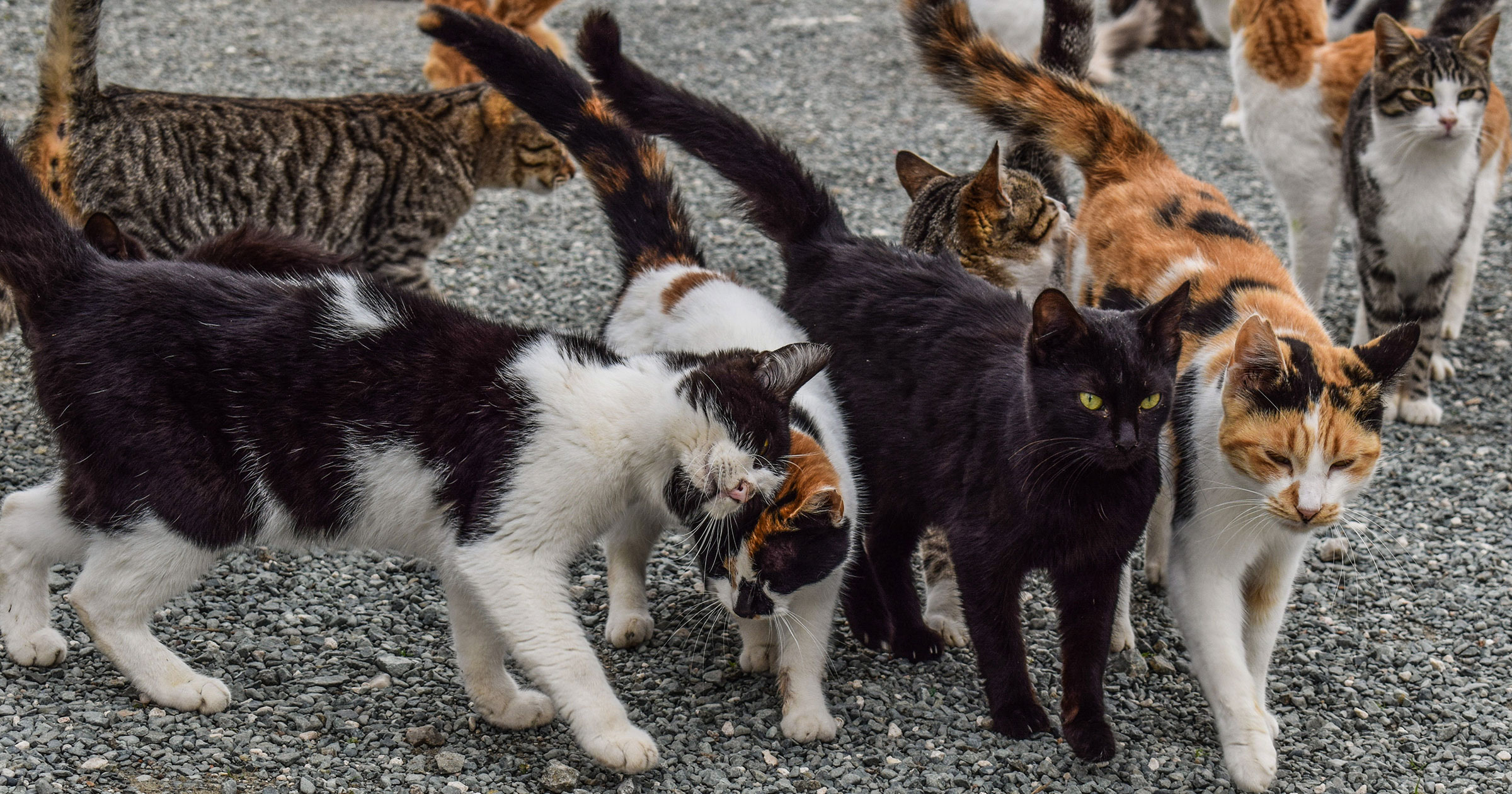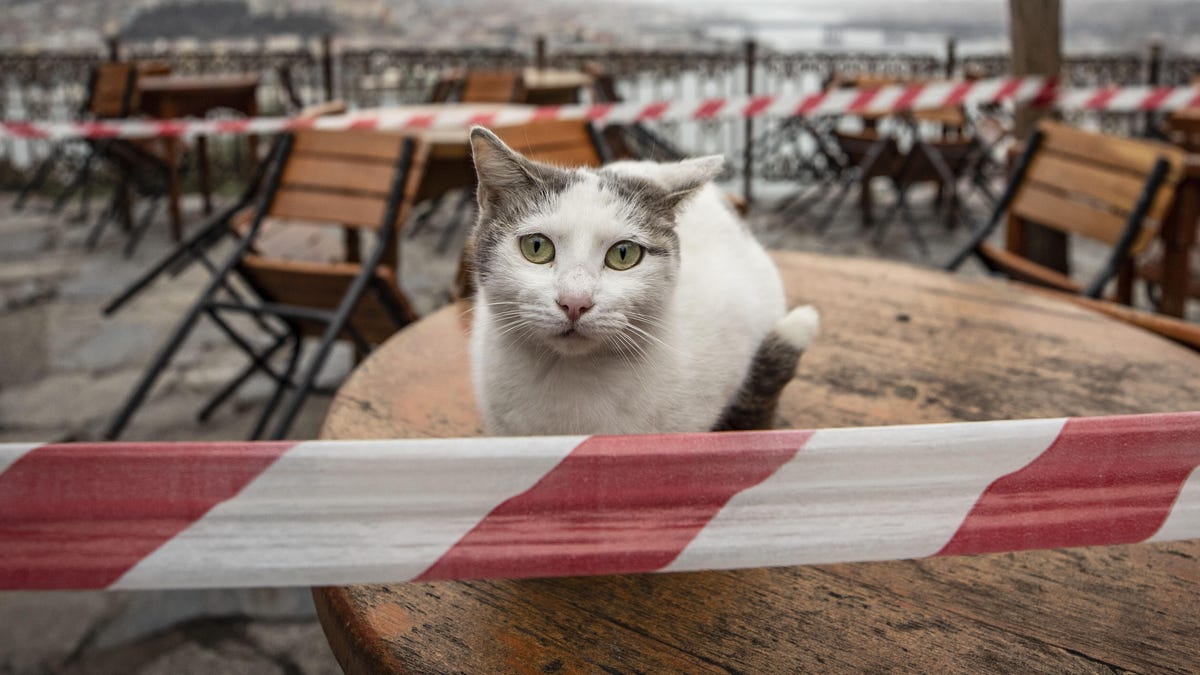Coronavirus In Cats Symptoms
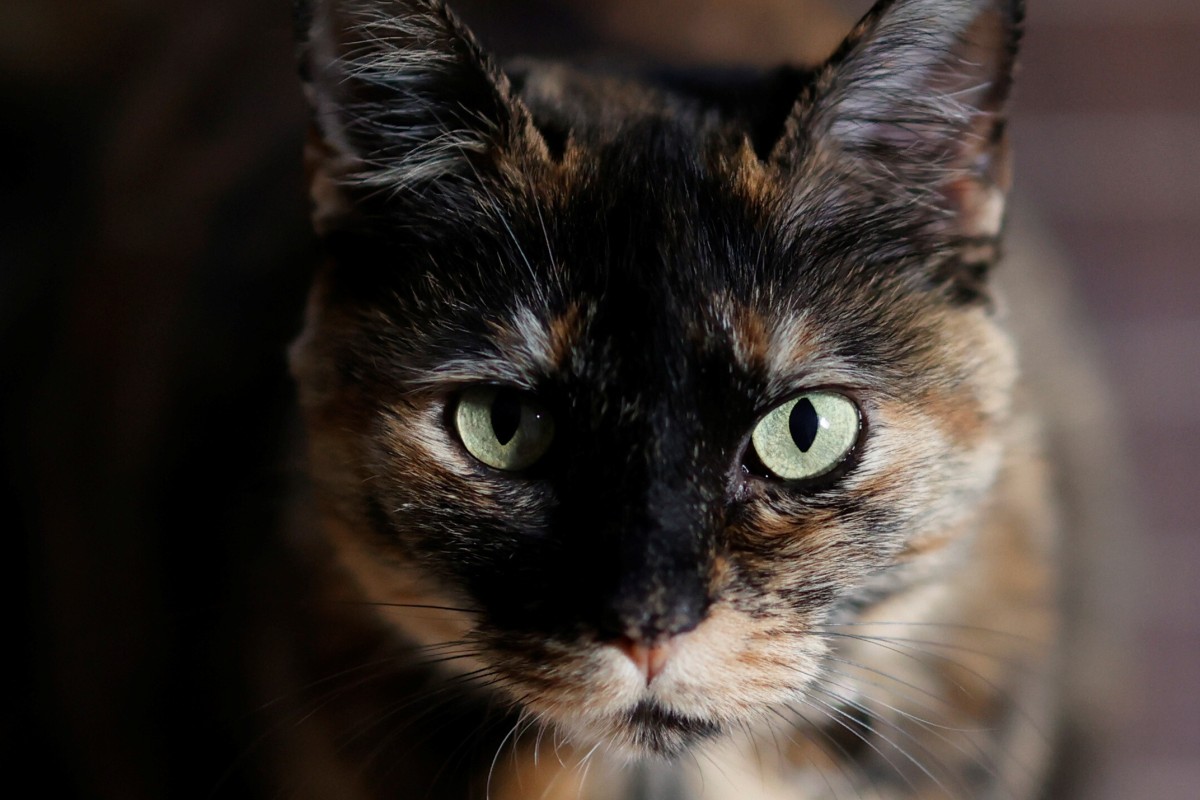
If youve been diagnosed with are suspected of having or are displaying characteristic symptoms of coronavirus COVID-19 it is advisable to minimise the amount of time your cat spends outdoors unsupervised.
Coronavirus in cats symptoms. According to the CDC the following signs may indicate that your cat has contracted COVID-19. The pets that did become ill only experienced mild symptoms and could be cared for at home. Cats are susceptible to natural infection with several strains of feline coronavirus that may result in either effusive and noneffusive FIP disease or in subclinical to severe enteritis.
Coronavirus infection in cats. Signs of coronavirus can be respiratory such as sneezing discharge from the nose runny eyes or gastrointestinal such as diarrhea or vomiting in origin. Because cats mask their clinical signs until they are severe it may appear that the clinical symptoms develop quickly.
If possible keep your cat indoors if they are happy to be kept indoors. Professor Weir explained that if you take your cat to the vet if it. Some coronaviruses such as canine and feline coronaviruses infect only animals and do not infect people.
Fortunately most of the small number of animals that have tested positive for Covid-19 have either not had symptoms or only suffered very mild symptoms such as. This form often causes the cat to have seizures and move in an abnormal or uncoordinated way. None of them died.
Investigators are still unsure of the routes by which strains of coronavirus are transmitted between cats. Most infected pets were found to be asymptomatic or displayed mild Covid symptoms. As yet poorly understood changes in the virus can give rise to mutants that lead to the development of feline infectious peritonitis FIP.
What clinical signs do infected cats show. The first signs of illness following infection from the feline infectious peritonitis virus can show after just a few days or only several months later. If you or a family member has COVID-19 watch for lethargy breathing issues respiratory discharges coughing sneezing and diarrhea in your cat.
